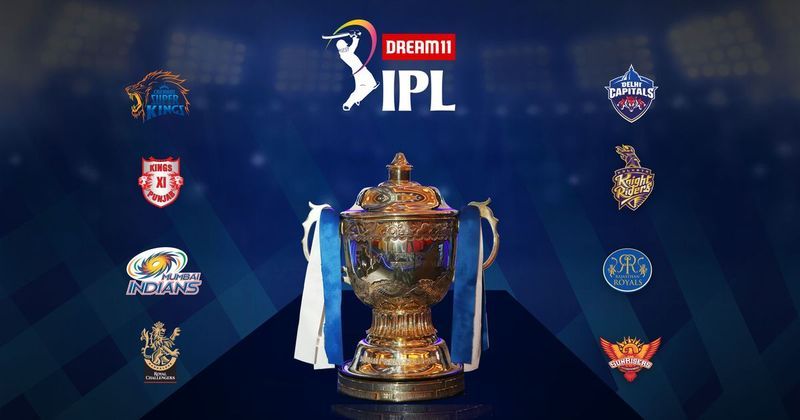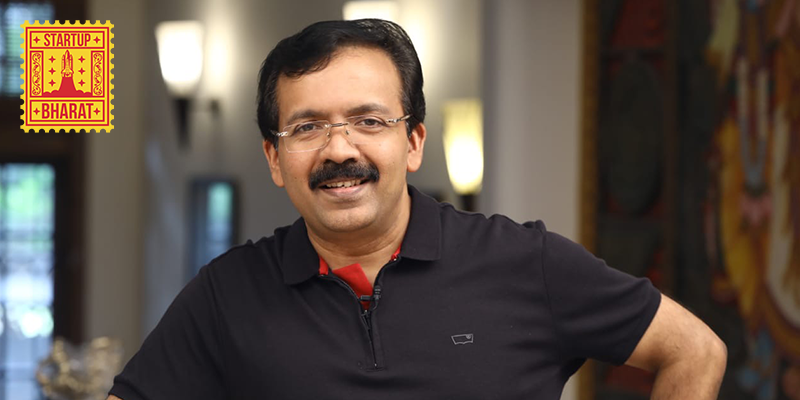Who really mapped India?
When Rashmi Verma and Rakesh Verma started CE Infosystems in 1995, they realised that India didn’t have a map-reading culture, unlike the US. However, the duo believed that close to 80 percent of all data would have a location component in the future. This led them to invest Rs 50 lakh of their savings and start MapmyIndia in 1995.
The co-founders, who had seen and experienced the efficacy of digital maps across business, governance and product/service delivery, wanted to do the same for India. The idea was ahead of its time, but the duo went on to build the most comprehensive, accurate, and highly localised repository of mapping data.

Rohan Verma, CEO and Executive Director, MapmyIndia
From mapping the roads to mapping the value of Indian Premier League (IPL).
Cricket has historically been a great platform for companies to connect with consumers as the game’s popularity and reach across a billion-plus people is second to none. Hence, when the Indian Premier League (IPL) launched in 2008, it was regarded as a sponsors’ paradise.

Photo: IPL / BCCI
The IPL offered instant and large-scale visibility to brands. Brands, in turn, poured millions of dollars in sponsorships — either in the central league and/or in individual franchises — amounting to IPL’s biggest revenue stream. As a result, the league’s valuation more than doubled from $3.2 billion in 2014 to $6.8 billion in 2019, according to financial consultancy Duff & Phelps.
In INR terms, the IPL ecosystem is worth Rs 47,500 crore, with its brand value appreciating 13.5 percent in the last edition (2019) of the tournament.
Watch the video here:
While IPL does offer entertainment, people confined to their homes during the lockdown require some form of mental wellness.
COVID-19 has made everyone take their health seriously. As the coronavirus pandemic continues to spread, the demand for wellness solutions to fight comorbidities and lifestyle diseases has also increased. In this scenario, Kerala-based entrepreneur Sajeev Nair’s startup Vieroots is using its advanced AI-based mobile app to offer personalised lifestyle modification recommendations to customers based on their genetic requirements.
A wellness evangelist and biohacker, Sajeev founded Vieroots in 2019. The startup claims to be a pioneer in ‘Personalised Lifestyle Management’ using epigenetic science, which creates personalised lifestyle modifications based on genetic profiling and metabolic assessment.

Sajeev Nair
Now, onto a company that is creating waves in the digital ecosystem.
Document scanner apps are a big deal globally, more so in India, where physical scanning infrastructure has always been limited. Hence, when the government banned 59 Chinese apps, including the hugely popular CamScanner, it led to a huge void in the market. CamScanner had over 100 million users in India until January 2020, and was widely used by schools, colleges, government officials, small businesses, banks, and individuals.
Prominent among them is Zoho Doc Scanner — a page-to-PDF scanner and image-to-text converter developed by homegrown SaaS unicorn, Zoho Corp. Though the app isn’t entirely new — Zoho had first introduced it in April 2019 — it picked up buzz post the Chinese app ban as Indians scouted for CamScanner alternatives.
And that's a wrap.
Edited by Kanishk Singh
Want to make your startup journey smooth? YS Education brings a comprehensive Funding Course, where you also get a chance to pitch your business plan to top investors. Click here to know more.
Link : https://yourstory.com/2020/09/the-week-that-was-mapmyindia-zoho-vieroots-startup-ipl
Author :- Vishal Krishna ( )
September 12, 2020 at 03:33PM
YourStory



